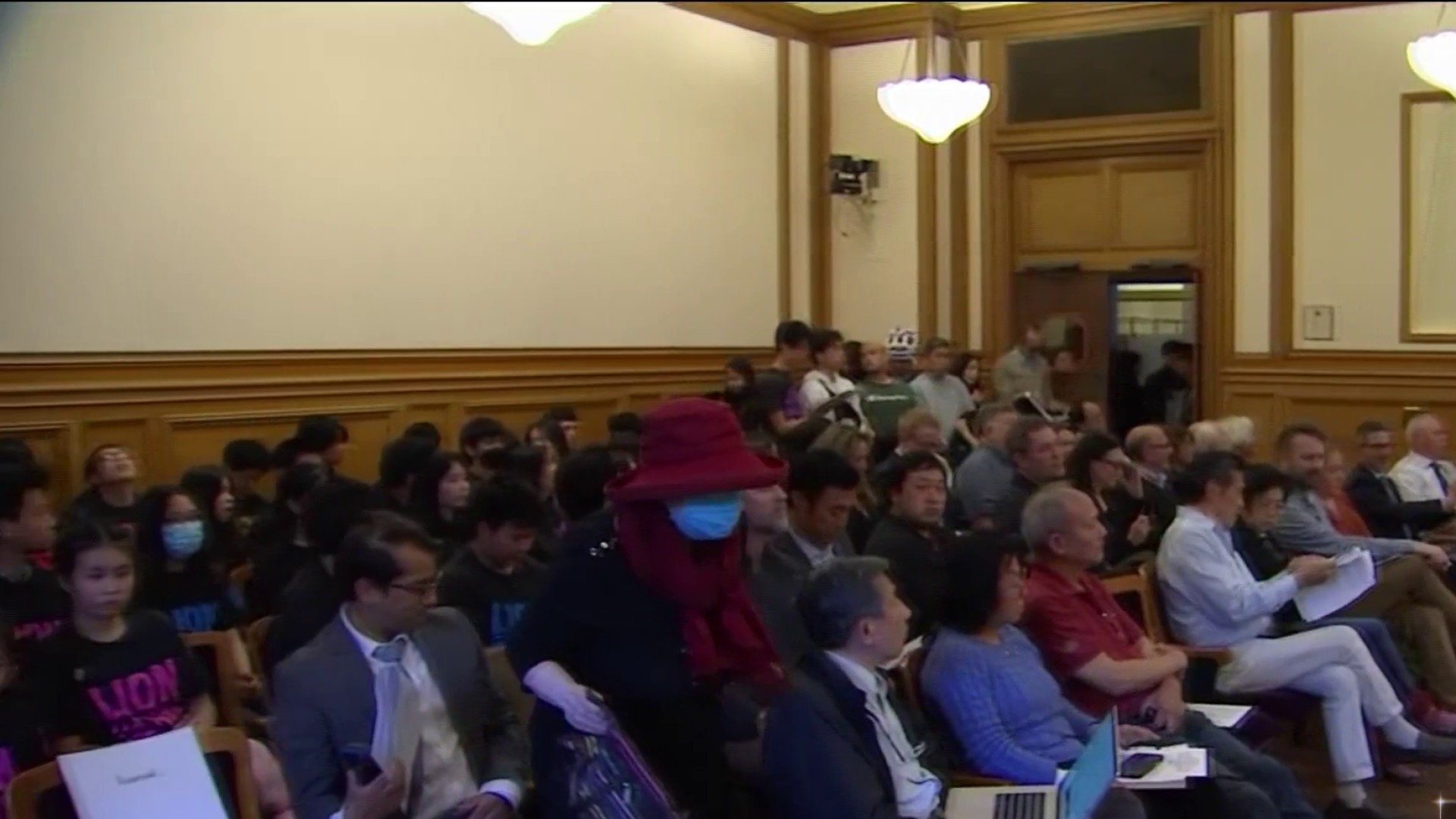What to Know
- Hackers are targeting real estate transactions and stealing down payments from buyers
- Experts say email accounts used by buyers, sellers, and real estate brokers are at risk of being compromised
- Homebuyers should look to hire real estate professionals who use extra-secure systems for communications and wire transfers
Bay Area families are losing their life savings to a fast-growing scam that targets homebuyers. But a software solution may offer hope to prevent more Californians from becoming victims.
The NBC Bay Area Responds team has spent more than two months investigating real estate wire fraud, a form of cybercrime that intercepts down payments in home sales.
After our earlier stories in this investigative series aired, an East Bay couple contacted NBC Bay Area. While Eric and Alicia don't want their last name used, they do want to share their story -- to help other families from suffering the same fate.
"We were all so excited about this house," they said. "Let's put an offer in; let's see what happens."
Eric, Alicia, and their children planned to move into their new home just last week. But instead, their down payment vanished. As has happened to so many other homebuyers, the funds were stolen by hackers who tricked the couple into wiring the $89,000 to a scammer's bank account.
It was painful, but Alicia and Eric told their children the truth about what happened.
"They were so scared," Alicia said, fighting back tears. "They didn't want to sleep in their own beds, because they were afraid. Their next question was, 'How did this happen?' And we couldn't answer that."
The dream home Eric and Alicia had saved up for years to buy was no longer theirs.
"We told them, 'We're not going to be moving,'" Alicia said.
Eric and Alicia soon learned they were the latest victims in a scam that's exploding. Thieves are hacking into the email accounts of real estate agents, mortgage brokers, and title companies. They send lookalike emails that trick homebuyers into wiring huge amounts of money to the wrong bank account.
Local
The California Realtors Association tells NBC Bay Area hackers are now trying to target virtually every home sale. But Eric and Alicia say they felt completely unaware.
After their savings vanished, they say they were pointed to a one-page advisory in their stack of mortgage documents.
"'We're sorry, but you signed that one page'," Alicia said, paraphrasing what a manager with the real estate company told her. "We were like, what page? What page, and what scam? That was the first time I had heard of any sort of scam taking place."
Alicia and Eric are not alone. The FBI says this type of attack on homebuyers has grown so much, thieves got away with more than $100 million last year alone, and have stolen or tried to steal up to $1.035 billion since 2015. But the couple says they feel no one in the real estate industry is raising a red flag.
"How come you didn't slap us in the face with this, when we started?" Eric said.
NBC Bay Area reached out to the lobbying groups that represent various real estate professionals: the National Association of Realtors; the Mortgage Bankers Association; and the American Land Title Association. All told us they're educating the public the best they can, with disclosure forms.
Alicia and Eric say that's not enough. They're taking their private pain public, to warn others.
"It happened to me, so I know where you dropped the ball," Alicia said.
Adding to Eric and Alicia's anger: they say their mortgage broker's first response was astonishing. They say he proposed a new mortgage that simply added the stolen $89,000 to their loan.
"He actually sent it to us," Alicia said.
We asked the couple how they felt about that.
"Luckily, it was her, not me," Eric said. "I might have marched down there, because I was that irate."
Eric and Alicia had hired the usual roster of middlemen: real estate agent; title agent; and mortgage broker. But they feel none of those parties adequately alerted them to how thieves are routinely hacking into agents' email chains and sending homebuyers bogus wire instructions.
Alicia and Eric believe the industry's response needs to be much stronger.
"Why aren't they [angry], honestly?" Alicia said. "Why aren't they upset that this is happening right under their nose in their industry?"
We shared Eric and Alicia's story with Tony Franco, CEO of SafeChain.
"They are completely justified in their anger," Franco said.
Franco wants to fight wire fraud with software. His company developed what it says is a secure online space for homebuyers and agents to communicate. The system comes with a $1 million dollar guarantee if it's hacked.
Franco showed NBC Bay Area how everyone's identity must be verified when using the SafeWire product, so wire transfers don't go to impostors.
While it does take a little bit more time to wire funds when using extra layers of security, Franco says part of the problem in fighting fraud is the demand for rapid results in the fast-moving real estate market.
"I'm willing to rush a restaurant order," Franco said. "I am willing to rush dry cleaning. I would think twice about rushing your real estate transaction."
Franco, and others, told NBC Bay Area email is the weak spot. Experts say it's too easy to hijack. The FBI specifically advises small businesses to avoid "free" web-based email accounts. Yet ordinary "free" email accounts remain commonplace in real estate.
As we investigated this story, NBC Bay Area called 100 Northern California real estate agents. Of those, 29 took our call. Just two said they use a secure system for all client communication.
Franco said homebuyers must demand everyone in a home sale use a secure system. He says every homebuyer should ask a few simple questions before hiring a real estate agent, title company, or mortgage broker.
"Ask them, 'Who's going to be responsible if something goes wrong?'" Franco said. "'What steps are you taking to ensure that it doesn't?'"
Alicia and Eric say they feel abandoned by the professionals who were supposed to help them. But they are undeterred. They plan to do what they feel the real estate industry is not doing: make lots of noise. They're starting a social media push, to warn homebuyers.
"I can't sit here and do nothing, just like these companies, and watch somebody else go down," Alicia said. "I can't watch somebody else lose everything they've worked for.
You can view the social media campaign created by Alicia and Eric here:
https://www.facebook.com/homebuyersbeware



